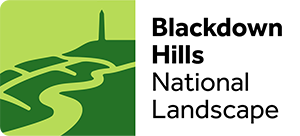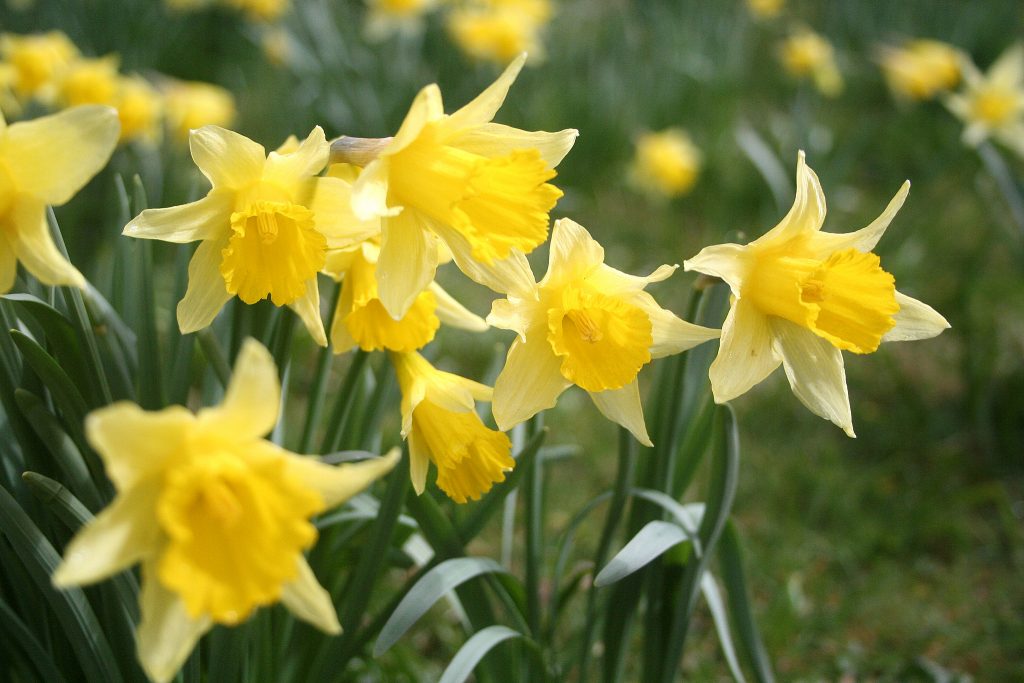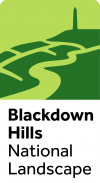Getting through the challenges ahead
There is no doubt that the spread of the Coronavirus (COVID-19) will present all of us with considerable and unprecedented challenges. Like many of you, the AONB team has been busy this week with the logistics of responding to the Coronavirus outbreak, keeping in touch with everyone, while also ensuring the wellbeing of everyone we work with.
To help us get through this, it is paramount that we all do what we can to support others in our community. We have already started to see examples of communities around the Blackdown Hills AONB organising support for the most vulnerable in their midst. Do let us know if you’ve planned a response in your own Blackdown Hills neighbourhood, especially if you’re looking for support with this, so we can use our social media channels to share relevant updates.
Self-care is also hugely important in times of crisis. If we put ourselves at unnecessary risk or burn ourselves out, we could potentially exacerbate the problem. Some of us have already been asked to stay at home and physically isolate, and others will follow.
So, at least for the time being, we will need to adapt.
Here are some suggestions for how we can look after each other and ourselves over the coming weeks and months:
Follow public health guidelines
First and foremost is important that you stay up-to-date with and follow the latest Public Health guidelines especially with regards to avoiding unnecessary travel and social distancing.
Be a good neighbour
Try to identify the people in your neighbourhood who may need support during this time. Perhaps you could drop a note through your neighbour’s door with a contact phone number in case they need to get in touch. They may need help down the line to fetch supplies or walk the dog, or they might appreciate a phone call from time to time to keep them company.
Let nature nurture – even when at home
There are many ways in which natural beauty can have an uplifting and calming influence. With all the worrying news stories being shared, taking a breather and enjoying what we can of our natural world is so important to our health and wellbeing.
There are plenty of things you can still do to benefit from the effect of nature, without leaving home.
Spring is upon us, flowers are starting to bloom in our gardens and hedge banks, the birds are singing as the trees come into leaf, and bees and other pollinators are starting to emerge from their winter hideaways, along with other animals.
So, take a break from the news and try out one of these:
Get to know your garden birds
Top up your bird feeder and get to know your garden birds better – get help with bird identification from RSPB.
This is a great idea if you want to help entertain a neighbour who is housebound too!
If you don’t have a bird feeder here’s how to make one!
Look up
Open your window, let the fresh air in, sit calmly as the clouds go by. Wait till night falls on a clear night and enjoy the starry skies.
Enjoy the sounds of nature
With less of us taking to the roads and fewer planes in the sky there will be more opportunity for us to enjoy the sounds of nature – the birds, the bees and the creatures of the night!
At home with the kids?
With children being off school, many of us are looking for ways to keep young minds occupied and energy levels under control!
The Wildlife Trusts have some great ideas for nature-based activities.
How about making homes for the minbeasts in your garden?
For other suggestions read on…
Learn about the wildlife around you
If you have a garden, get outside and learn more about birds, bugs, flowers and other garden wildlife! If you don’t have a garden, why not use your time to read up on wildlife and the places you can see it, ready for you to explore when it is safe to do so.
Amphibians and reptiles – Froglife
Butterflies – Butterfly Conservation
Bats – Devon Greater Horseshoe Bat Project
Beavers – River Otter Beaver Trial – Devon Wildlife Trust
Plant identification – Botanical Keys
Trees and woodland plants – Woodland Trust
White-clawed crayfish – Culm Community Crayfish project
Wildlife sites in the Blackdown Hills
Do feel free to send us your suggestions too – either via email or social media (see below).
Record your wildlife sightings and help us learn about and protect the wildlife of the Blackdown Hills.
Help others to find solace in nature
Keep in mind that those of us who live in or near the Blackdown Hills AONB have the good fortune to have good access to the natural world, unlike many of our friends, family members and colleagues in urban areas.
If you’re on social media, please share your nature photographs with the hashtags #solaceinnature and #naturenurture to give people a break from distressing news feeds and show our solidarity with our city cousins. If you also use #BlackdownHills we can share them too.
Instagram: @BlackdownHillsAONB
Facebook: @BlackdownHillsAONB
Twitter: @BlackdownsAONB
We wish you all the very best in this difficult time.
Tim, Lisa, Steven, Jackie, Verity, Kristen and Clare






